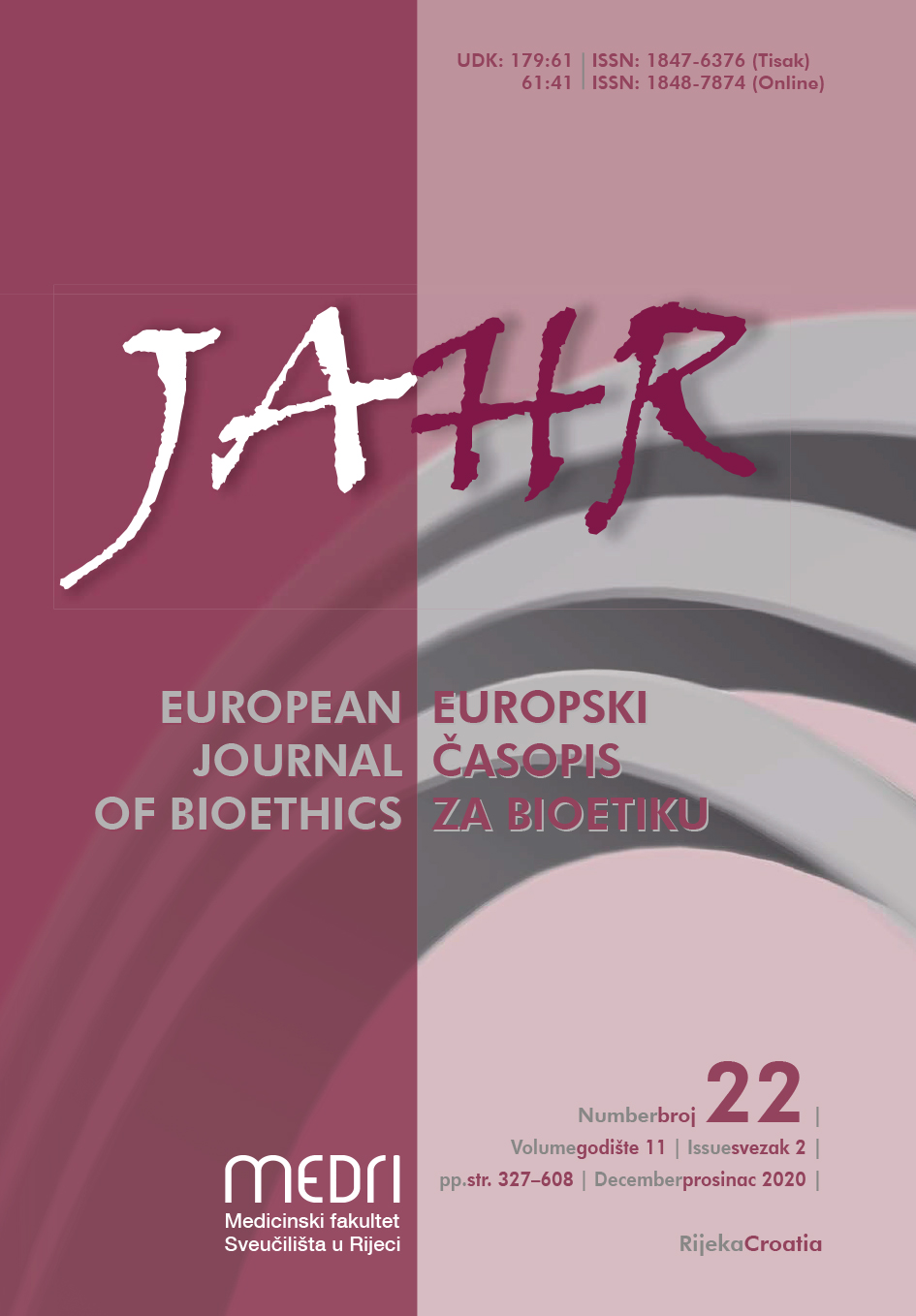Degrees of Reality of the physikotatos from Clazomenae
Keywords:
soul; paideia; kinship; Mind; living beingsAbstract
https://doi.org/10.21860/j.11.2.3
The idea of the kinship of entire nature was not an exclusive Italian paradigm, but its traces can be found in the Ionian tradition as well. Anaxagoras adopted a widely spread notion that life was originally generated out of moisture, heat, and an earthy substance; later the species were propagated by generation from one another. He supposed that in all things that are being mingled there are many things of all kinds, and the immense variety of “seeds”, and that men so have been formed and the other living beings that possess a soul. Then, when he postulated Mind (νοῦς) as the arche of all movement, the Clazomenian linked all the layers of reality. For animate beings, Nous was sort of an internal faculty, but for inanimate things, it was an external force. It is not, therefore, surprising to find the places where it is stated that the plants also possess a certain degree of sensation and thought. In addition, Anaxagoras (and Empedocles) says that plants are driven by desire, that they have feelings, sadness and joy. Anaxagoras also asserts that plants are animals (ζῷα εἶναι), and as evidence of his claim that plants can feel “sorrow and joy” (λυπεῖσθσαι καὶ ἥδεσθαι), he mentions the changing of leaves. Despite the arguments of other ancient philosophers that plants and many animals do not breathe, the philosopher from Clazomenae was of the opinion that plants do breathe (πνοήν). Anaxagoras, moreover, in the (Pseudo) Aristotelian manuscript On plants was presented, together with Empedocles and Democritus, as the proponent of the thesis that plants have Mind and ability to think (γνῶσιν). The Mind is, according to Anaxagoras, present in all living beings (humans, animals and plants), and it is the same in all of them. The differences between these beings, finally, are not a consequence of essential difference among their souls, but a consequence of differences among their bodies, which either facilitate or hinder fuller functioning of Nous.
Downloads
Published
Issue
Section
License
Authors who publish with this journal agree to the following terms:
- Authors retain copyright and grant the journal right of first publication with the work simultaneously licensed under a Creative Commons Attribution License that allows others to share the work with an acknowledgement of the work's authorship and initial publication in this journal.
- Authors are able to enter into separate, additional contractual arrangements for the non-exclusive distribution of the journal's published version of the work (e.g., post it to an institutional repository or publish it in a book), with an acknowledgement of its initial publication in this journal.
- Authors are permitted and encouraged to post their work online (e.g., in institutional repositories or on their website) prior to and during the submission process, as it can lead to productive exchanges, as well as earlier and greater citation of published work (See The Effect of Open Access).



